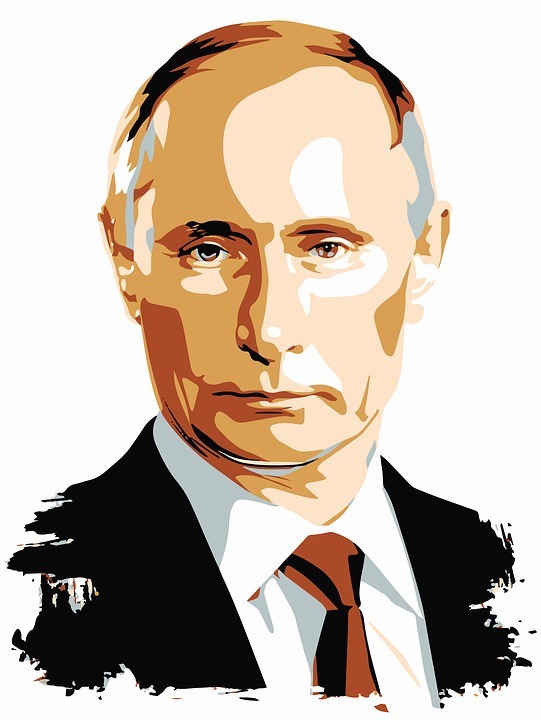In the lead-up to his meeting with Russian President Vladimir Putin, President Donald Trump labeled the European Union a foe, likening it to Russia and China. Unsurprisingly, this drew widespread consternation and has been eating up headlines at The New York Times, CNN, and elsewhere. While I’m not a fan of the way President Trump put his message, I also think it’s important to look at what he really said, not just an out-of-context headline.
In total, Trump remarked: “I think we have a lot of foes. I think the European Union is a foe, what they do to us in trade. Now you wouldn’t think of the European Union, but they’re a foe. Russia is a foe in certain respects. China is a foe economically, certainly they are a foe. But that doesn’t mean they’re bad. It doesn’t mean anything. It means that they are competitive. They want to do well and we want to do well.”
There’s a lot to unpack here, but perhaps the most important point is when Trump said that being a foe “doesn’t mean they’re bad […] it means they are competitive.” It seems that Trump is implying that the European Union is a “competitor” to the United States, rather than a foe. Trump doesn’t see being a “foe” as negative but instead a matter of competition.
This is an important nuance. Despite how it may sound and how some media sources may try to spin it, Trump isn’t calling the European Union an enemy, but instead a competitor, the latter of which is certainly true as recent trade negotiations have shown. Both the US and EU want to secure benefits for themselves.
Still, while I don’t like splitting hairs, there is an important difference between competitor and foe (and one that I hope the President recognizes). The United States and European Union certainly are rivals in some regards. Both will pursue their interest over the other’s. However, the EU and US don’t see weakening one another as a benefit, nor do they regularly actively try to reduce one another’s influence or success on the global stage. Politics between the two is most certainly not zero-sum and, instead, can be based on mutual cooperation.
On the other hand, a weakened United States is in the interests of Russia, China and other genuine “foes.” In the grand geopolitical “games” waged between nations, Russia and China both try to weaken the United States’ position (and vice versa for the US). For this reason, I’d argue that Russia and China are foes while the EU is instead a self-interested competitor in some regards.

Trump Fumbled with NATO
I’ll be honest, I haven’t been a big fan of Trump’s performance over the last few weeks. Thing is, I believe that some of Trump’s actions and moves set the stage for what could have been some big payoffs. However, instead of focusing on wins, Trump seemed to care more about stirring up the pot.
For example, NATO leaders were ready and willing to make major concessions, including finally ramping up military spending. Good on President Trump. I suspect his hardline, erratic approach forced them to the table. Yet even after securing concessions, Trump continued to rail against NATO and our European allies.
Sometimes, it’s important to be a graceful winner. NATO is a valuable alliance, and with Russia increasing its influence, Europe’s defense is a bigger concern now than perhaps any time since the Cold War. Repeatedly lambasting allies, and especially allies conceding to negotiations, isn’t going to make NATO stronger.
















